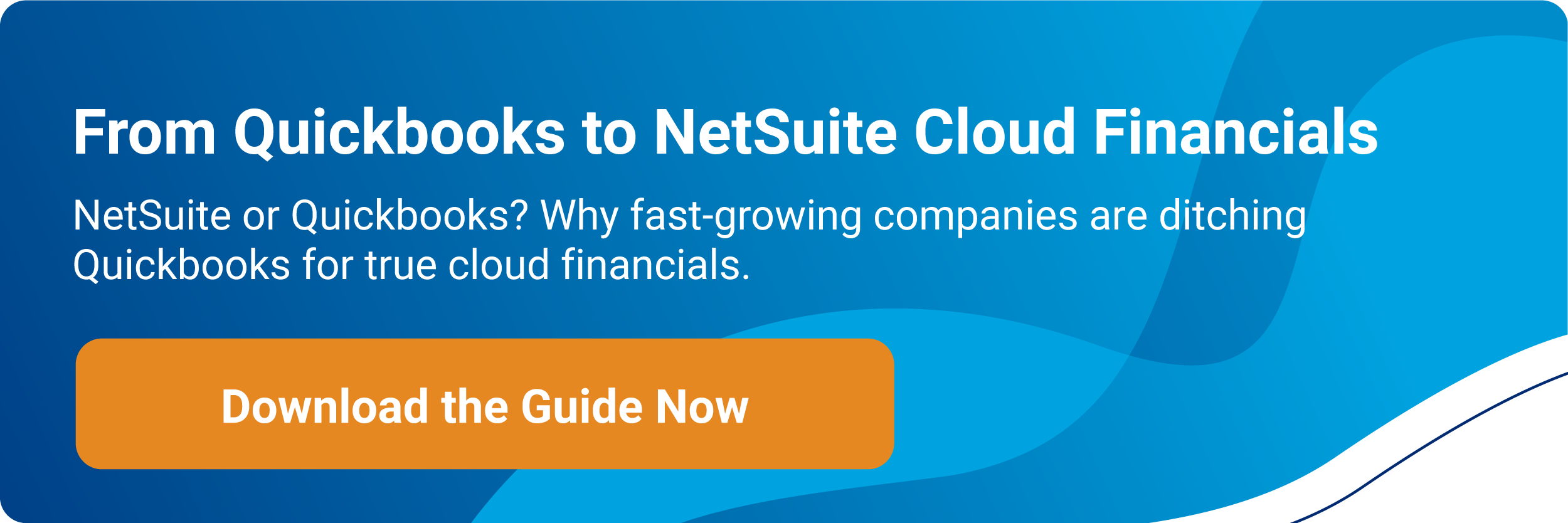
When was the last time you upgraded your ERP system? If the answer is “not in recent memory,” then you’re not alone. About two-thirds of mid-sized businesses are running old versions of their enterprise resource planning (ERP) system—in some cases, it’s software that’s three or more versions old. This is the legacy of decades of on-premise software deployments, incremental releases that never seemed worth the pain of a major upgrade migration project, and fear of losing critical customization.
The cloud, on the other hand, means no more expensive, capital-intensive hardware and infrastructure and no more expensive, time-consuming, staff-intensive upgrades. You pay as you go and access finance, human resources, sales, and service applications through a web browser. According to IDC, this software delivery model is experiencing dramatic growth, and the market for cloud-based solutions is set to grow six times faster than the overall software market.
What the Cloud Means to Finance
Now the SaaS wave has reached the finance organization, where it promises the same impact—lower cost, easier collaboration, and faster innovation.
The benefits of transitioning from an on-premise ERP system to ERP, cloud-based computing are many. In a recent survey NetSuite conducted with approximately 800 IMA® members, the survey asked finance professionals: “What do you perceive as the single key benefit of moving your financials to the cloud?”
The clear drivers were around total cost of ownership; anytime, anywhere access; and business process improvement. Reducing the cost of ownership of the ERP system has a significant benefit to finance. Some years ago, a report from Gartner found that more than 90% of a typical IT budget is spent on maintenance, and as little as 9% is left for actual business process improvement.
Cloud delivery changes this equation because businesses are able to recoup 50% or more of their IT application operating costs by making the transition. No more servers, databases, backups, failover, patches, and upgrades. It frees up IT resources to move from an operational role to a strategic role.
“It’s about reallocating the IT budget from maintenance to actually improving business processes and delivering innovation to the finance organization.”
Another key benefit IMA members identified is the ability to access financials securely anytime, anywhere through a Web browser. When your financials are accessible through a browser in real-time, everyone is operating on a “single version of the truth,” no matter where they are—corporate, subsidiary, or off-shore location. It’s much more agile, less error-prone, and more accurate than it otherwise would be because, with Web-based cloud financials, your finance and line-of-business stakeholders are operating on the same centralized real-time actuals throughout your business.
It also frees up financial resources from having to push out financial information and moves the reporting process to a self-service model. Stakeholders can securely make changes through their everyday Web browser, the finance team can collaborate around the same information in real-time, and no one ends up making changes to old versions of data.
Get Educated about the Cloud
With the dramatic growth of cloud computing, new vendors are rushing onto the scene, and old vendors are frantically trying to reposition their existing offerings as cloud solutions, so it’s key to ask the right questions as you do your research. If you’re contemplating this transition, it’s critical to do your own due diligence to answer these baseline questions:
- What is the vendor’s ongoing viability and track record?
- What are the SLA commitments, and is the availability transparent?
- What is the procedure for getting my data out of the system?
- Does the vendor have key certifications, such as SAS 70 Type II and PCI DSS?
- Is it a real web-based solution, or is it just a hosted on-premise solution?
- Will it be one more application silo, or is it a cross-departmental application?
- Can it be integrated and customized?
If you find yourself contemplating the benefits of cloud-based financials, know this: it can benefit your finance function in a variety of ways—improved collaboration, easier global delivery, lower total cost of ownership (TCO), and always up-to-date accounting software. This will accelerate financial process improvements beyond anything you’ve seen when running your accounting software the old way.




